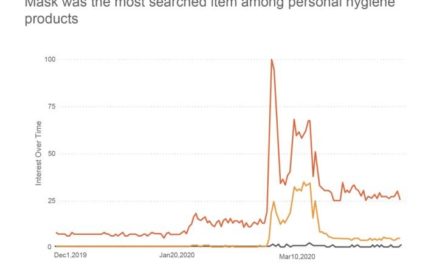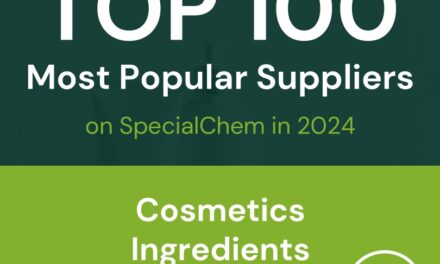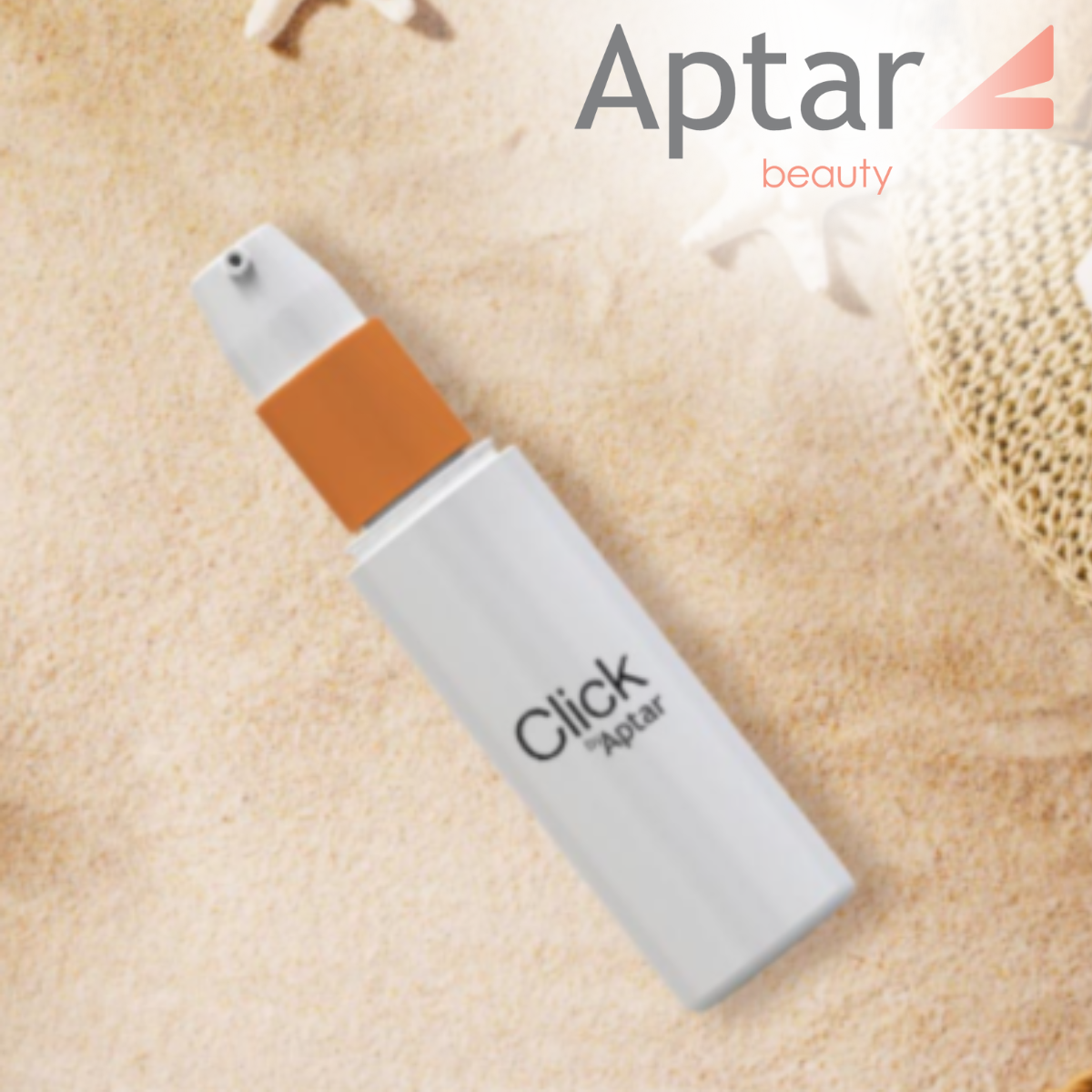SCCS Raises
Genotoxicity Concerns
Over TiO₂ in Oral Care

The Scientific Committee on Consumer Safety has emphasized that their findings are critical given the potential for long-term exposure to these nanoparticles in oral care and cosmetic products.
The Scientific Committee on Consumer Safety (SCCS) has recently released its final opinion on the safety of titanium dioxide (TiO₂) in oral cosmetic products, highlighting potential genotoxicity concerns. This comprehensive evaluation was prompted by the European Commission following the European Food Safety Authority (EFSA)’s conclusion that titanium dioxide is unsafe as a food additive due to its genotoxicity potential.
Titanium dioxide is widely used in cosmetics for its pigmentary and UV-filter properties. The SCCS was specifically tasked with reassessing its safety in products such as lip care, lipstick, toothpaste, and other items that might lead to oral exposure. The committee’s final opinion indicates that while most grades of titanium dioxide are considered safe, two nano grades (RM09 and RM11) raise significant genotoxicity concerns, necessitating further experimental data to fully assess their safety.
The SCCS has emphasized that their findings are critical given the potential for long-term exposure to these nanoparticles in oral care products. Despite the non-consumable nature of cosmetics, the risk of repeated exposure through the oral mucosa cannot be ignored. The committee’s assessment underscores the need for additional research to establish safe concentration limits and to better understand the implications of long-term exposure to titanium dioxide nanoparticles.
The public and stakeholders have been invited to comment on the SCCS’s findings. This open call aims to gather further insights and data, ensuring that the final regulatory decisions are well-informed and reflective of the latest scientific evidence.
For more detailed information on the SCCS’s opinion and to participate in the public consultation, you can visit the official SCCS and European Commission websites.
Subscribe to our free newsletter to read the latest news and articles before they are published.










Subscribe To Our Newsletter
Join our mailing list to receive the latest news and updates from The Cosmetics industry
You have Successfully Subscribed!